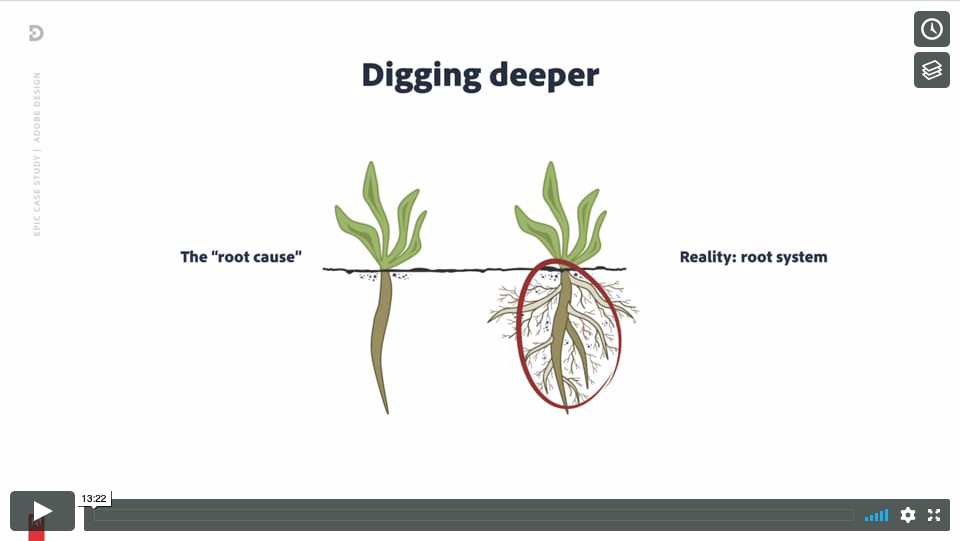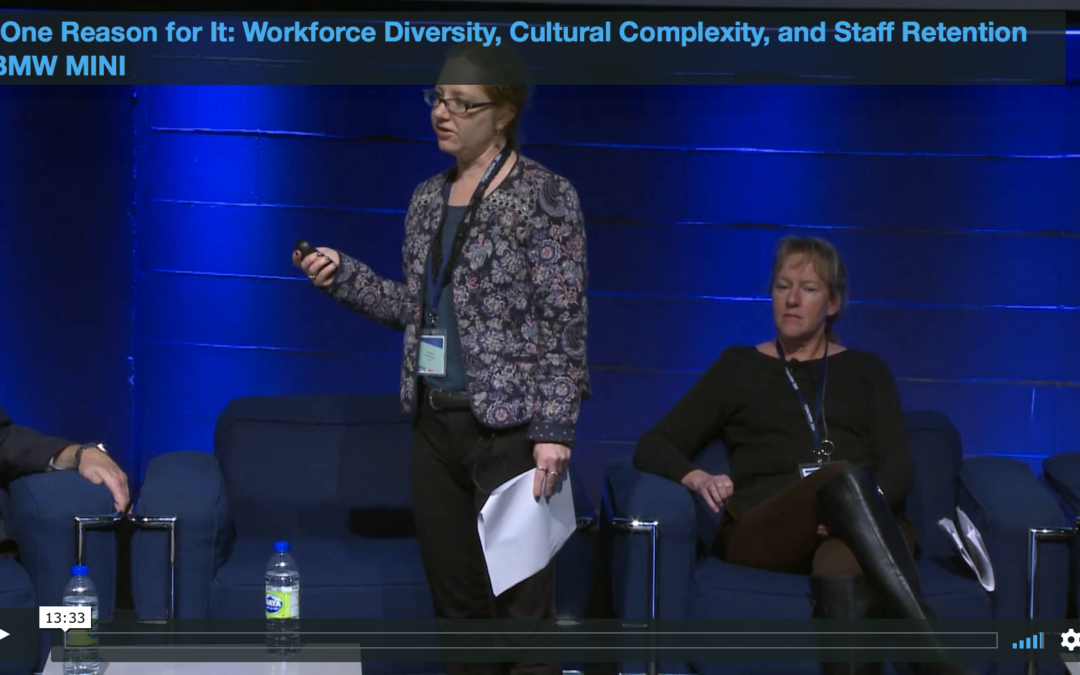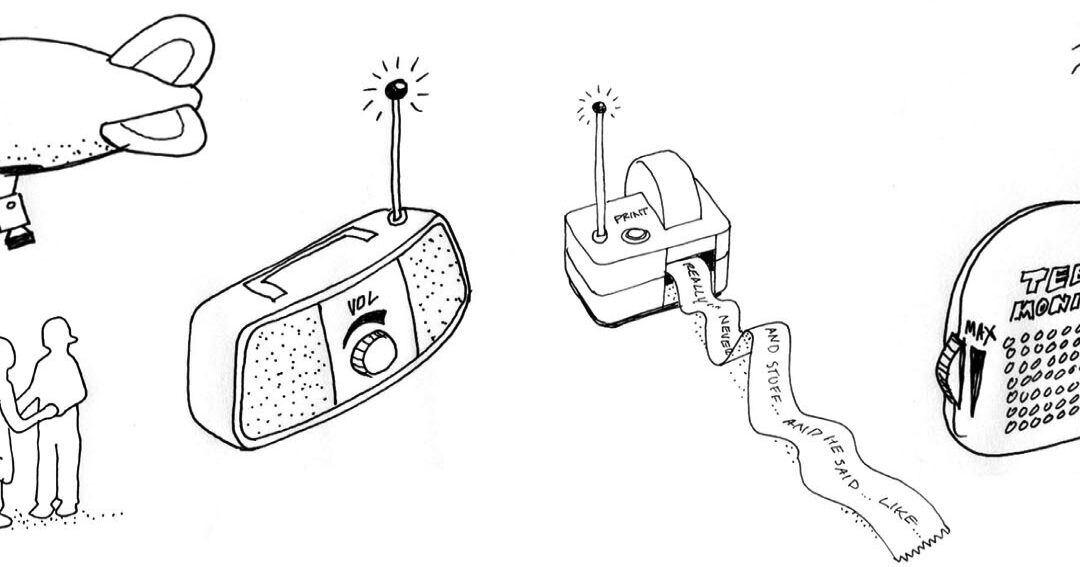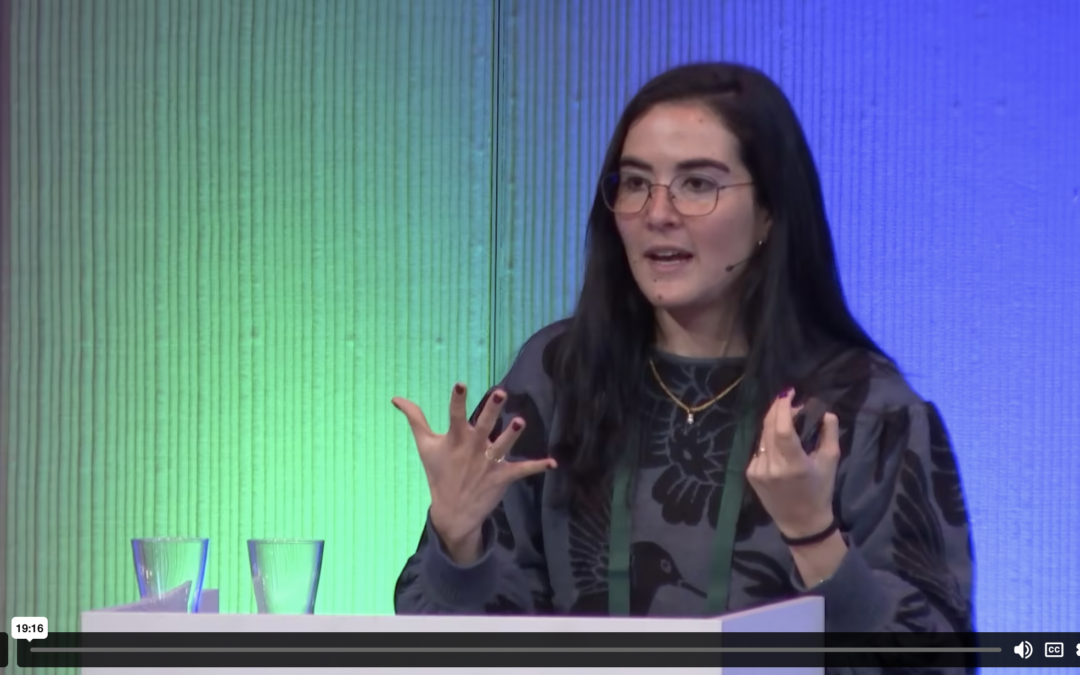The Motherload is a look at the realities of contemporary motherhood in the time of post-pandemic pressures,...


The Motherload is a look at the realities of contemporary motherhood in the time of post-pandemic pressures,...

This case study offers strategies for navigating internal frictions within research teams faced with sensitive...

Case Study—The authors used anthropology and other design research methods to develop a new kind of study to capture the world of professional creatives and the people they work with. To uncover core collaboration challenges for professional creatives the authors asked them to walk through past...

This work demonstrates how and why the expertise of non-medical actors, such as patients, caregivers, and...

While a number of scholars have studied online communities, research on games has been mostly focused on the business, experience, and content of gameplay. Interactions between players within games has received less attention, and toxic behavior is a newer area of investigation in academia....

In 2022, UNICEF launched the Adolescent Girls Programme Strategy to enhance programming for adolescent girls,...

This case study is based on an ethnographic investigation conducted in 2003 at the BMW Plant Oxford automobile factory focusing on issues of staff retention. The study found that the workforce, as well as being diverse in conventional terms, was also divided in less immediately identifiable ways,...

The aim of the research was to discover how teen girls use technology in relation to privacy practices in their everyday lives. Asking teenage girls to describe the worst technology they could imagine was a fruitful way of exploring their feelings towards location-awareness, tracking and...

India is a country of people belonging to varied socioeconomic backgrounds. Patriarchy is very much evident in...

In this paper we challenge an assumption about caregivers of chronic patients that we’ve repeatedly encountered in our ethnographic fieldwork: that of the inherently and permanently resilient caregiver, or a...